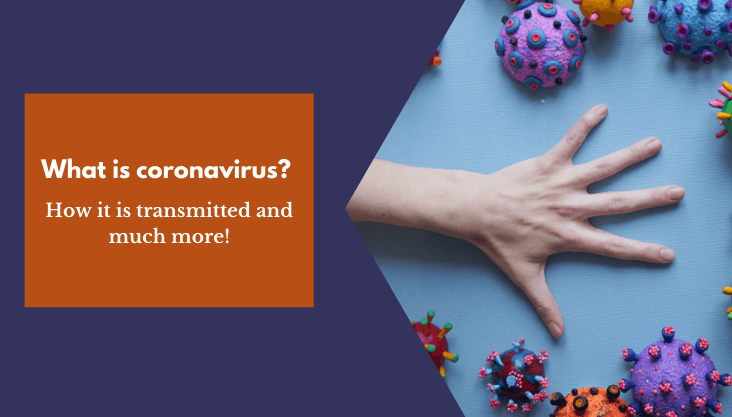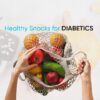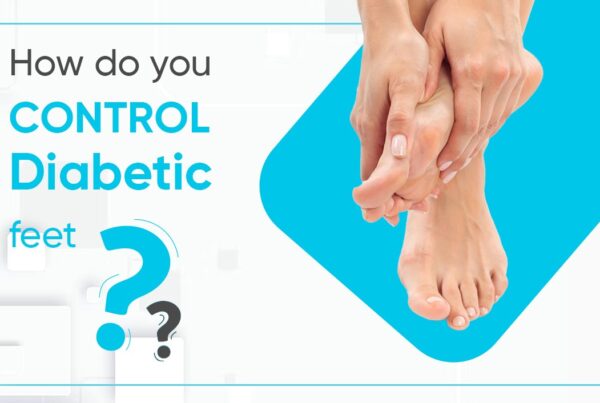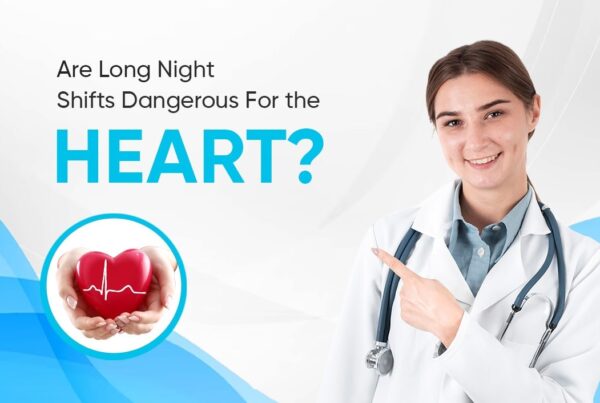What is Coronavirus?
Coronavirus infectious disease is caused by a coronavirus that’s been recently detected. Numerous infected people with the COVID-19 virus will encounter light to medium respiratory disease and rebound with no special treatment being needed. Elderly adults, including those with prime health diseases such as cardiovascular disease, diabetes, respiratory disease, and cancer, are much more prone to develop a grave infection.
COVID-19 is an infection caused by SARS-CoV-2 which can induce what doctors call an infection in the respiratory system. This can affect the upper or lower respiratory system.
In 2020 the World Health Organization described SARS-CoV-2 as a new form of coronavirus found in China in December 2019. The pandemic spread soon across the globe.
There are no unique COVID-19 vaccines or therapies present at this time. There are also several current clinical studies testing new therapies.
How is COVID-19 transmitted?
Recent evidence indicates that COVID-19 transfers among people through the mouth and nose fluids via direct, indirect, or near contact with an infected person. They include saliva or respiratory secretions. They are emitted from the mouth or nostrils when an infected person coughs, sneezes, or talks.
When sneezing or coughing, it is necessary to stay at least 1 meter away from others to prevent contact with these droplets, clean hands regularly, and shield the mouth with a tissue or bent forearm. The wearing of a fabric mask is an essential tool for shielding others when physical distancing is not feasible. Cleaning hands has always been important.
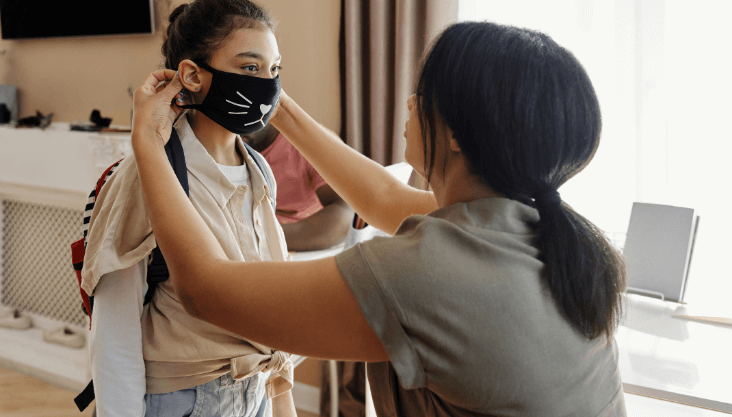
People who are infected will spread the virus both when they have signs, and when they have no symptoms. This is why all people who are affected must be detected by screening, separated, and seek medical attention based on the extent of their illness. Particularly people who have reported having COVID-19 and have no symptoms should be separated to minimize their interaction with others.
What are the safety measures to be taken?
- Stop public meetings and big activities.
- Avoid close contact with anyone with signs of illness.
- Stay in the house as often as possible to keep space from each other, particularly if you have a greater risk of severe infection. Bear in mind that certain people could have COVID-19, and transmit that to others, even though they have zero symptoms or do not understand they have COVID-19.
- Clean your hands often for at least 20 seconds with soap and water, and use a hand sanitizer based on alcohol that contains 60% alcohol.
- In public areas, like the grocery stores, where it’s hard to avoid close contact with others, Cover your face with a face mask particularly when you’re in an area where group spreading continues. Operational masks and N95 respirators should be restricted for health care providers. When you sneeze or cough, cover your mouth and nose with your elbow or even a tissue. Toss away the tissue which was used and wash your hands.
- When you are sick, stop the sharing of plates, cups, blankets, beds, and other household products. Daily clean and sanitize high-touch surface areas like door buttons, switches, electronic devices, and counters. When you are sick, take time off work, school, and public places, unless you can get medical treatment. When you’re sick, stop using public transport, cars, and sharing a ride.
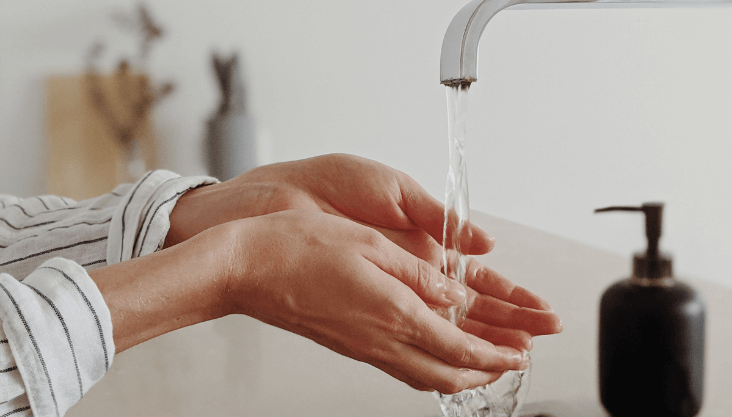
Symptoms of coronavirus?
Patients with COVID-19 have reported a wide range of symptoms ranging from moderate to severe. Usually, the Symptoms will show by 2 to 2weeks after virus exposure. Persons with any of those symptoms can suffer COVID-19.
- Fever
- Persistent Cough
- Tiredness
- Sore throat
- Fatigue
- Loss of taste and smell
- Chest pain
- Chills
- Headache
- Diarrhea
- Runny Nose
- Body pain
- Shortness of breath
- Confusion
What are the complications in COVID-19?
While most people with COVID-19 have mild – to – moderate signs, the infection can cause serious medical problems in some people and result in death. Elderly people or persons with known serious health problems are more likely to become critically ill with COVID-19.
1.Serious cardiac problems, including cardiac arrest, atherosclerotic heart disease, or cardiomyopathy chronic obstructive pulmonary disease
2.Chronic kidney disease
3.Obesity
4.Individuals Compromised immune system due to Organ transplant
5.Type 2 diabetes
Pregnant women are at higher risk of developing respiratory virus illness as opposed to those who are not carrying. Transmission from mother to baby during pregnancy is unlikely, but the infant can catch the infection after birth.
What are the overseas travel and precautions to be taken?
Those looking to travel overseas must always review their travel country’s travel warning for any entry limits, quarantine entry conditions, or other applicable travel tips. You are also advised to check the latest COVID-19 update on the International Air Transport Association website, which also includes several nations and regulation measures, in terms of taking standard travel precautionary measures and to prevent getting quarantined or withheld re-entry into your native country.
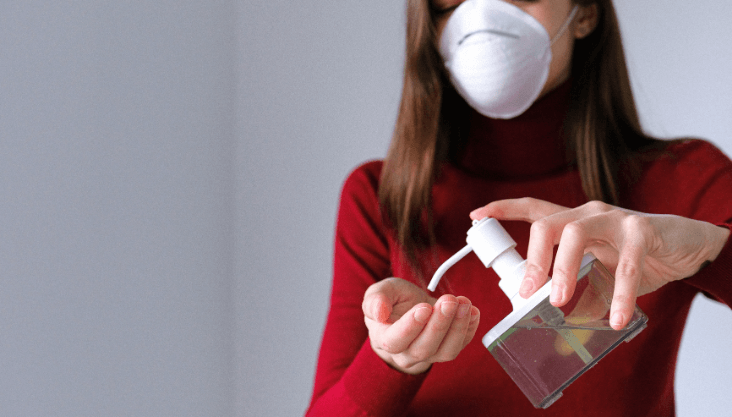
While visiting, all family members have to obey the normal hygiene measures for themselves and their children: wash their hands frequently or use an alcohol-based sanitizer with an alcohol content of at least 60 percent, maintain good respiratory hygiene, and prevent close contact with somebody who sneezes or coughs.
Also, parents are advised to always hold a hand sanitizer, a box of disposable tissues, and wipes for disinfection. Specific suggestions include
1.Clean the seat, armrest, touchscreen, etc. once in an airplane or other automobile with a sanitizing wipe.
2.You may also use a sterilizing to wipe to clean the main surfaces, door handles, remote controls, etc.
It should be noted that, despite the obvious lack of a drug candidate or vaccine against coronavirus attack, physicists and pharmaceutical experts carry out clinical trials to test the effectiveness of a medication in the fight against coronavirus pandemic.
Worried about Covid19? Get in touch with our specialists to secure yourself from coronavirus.

